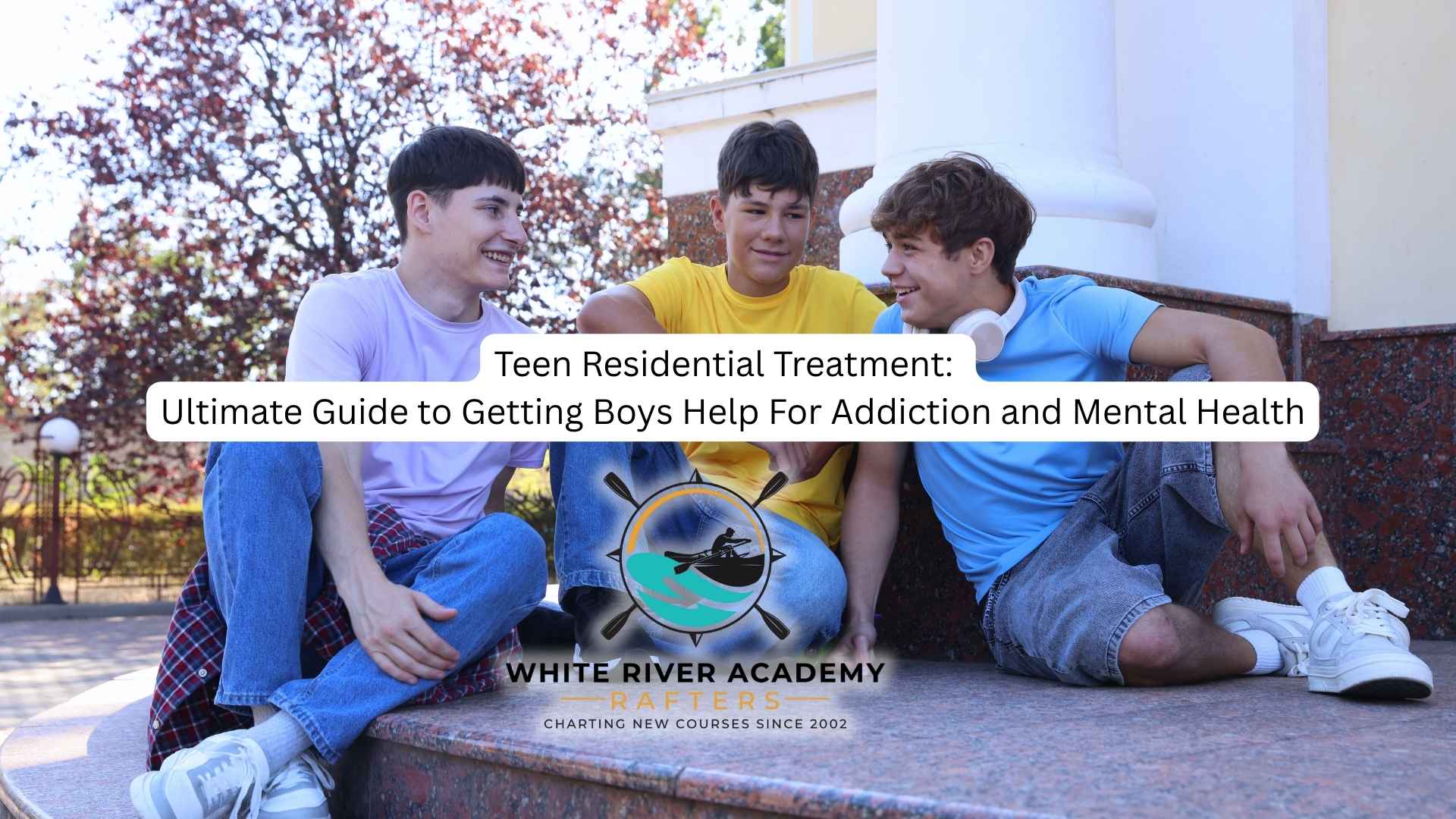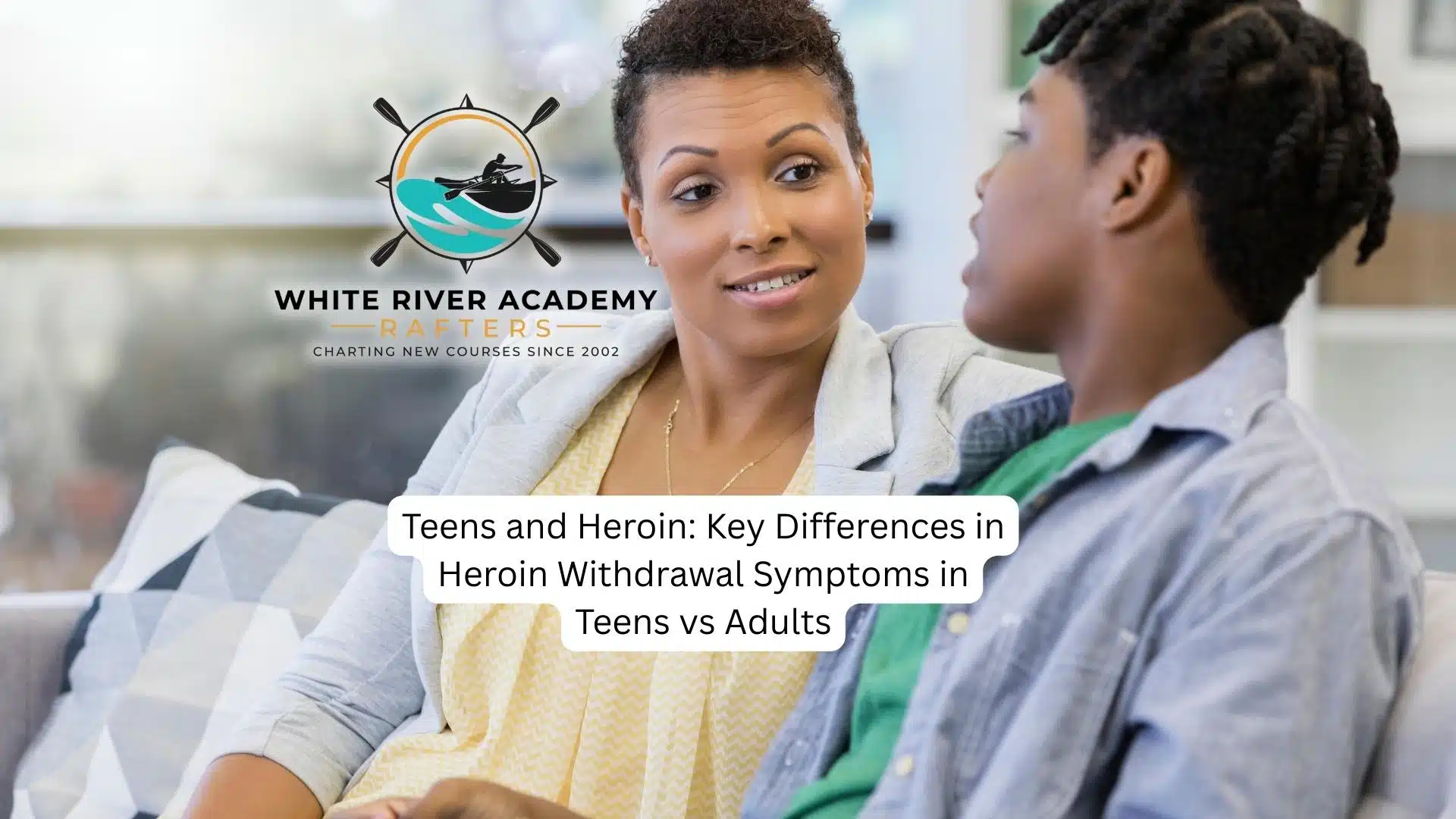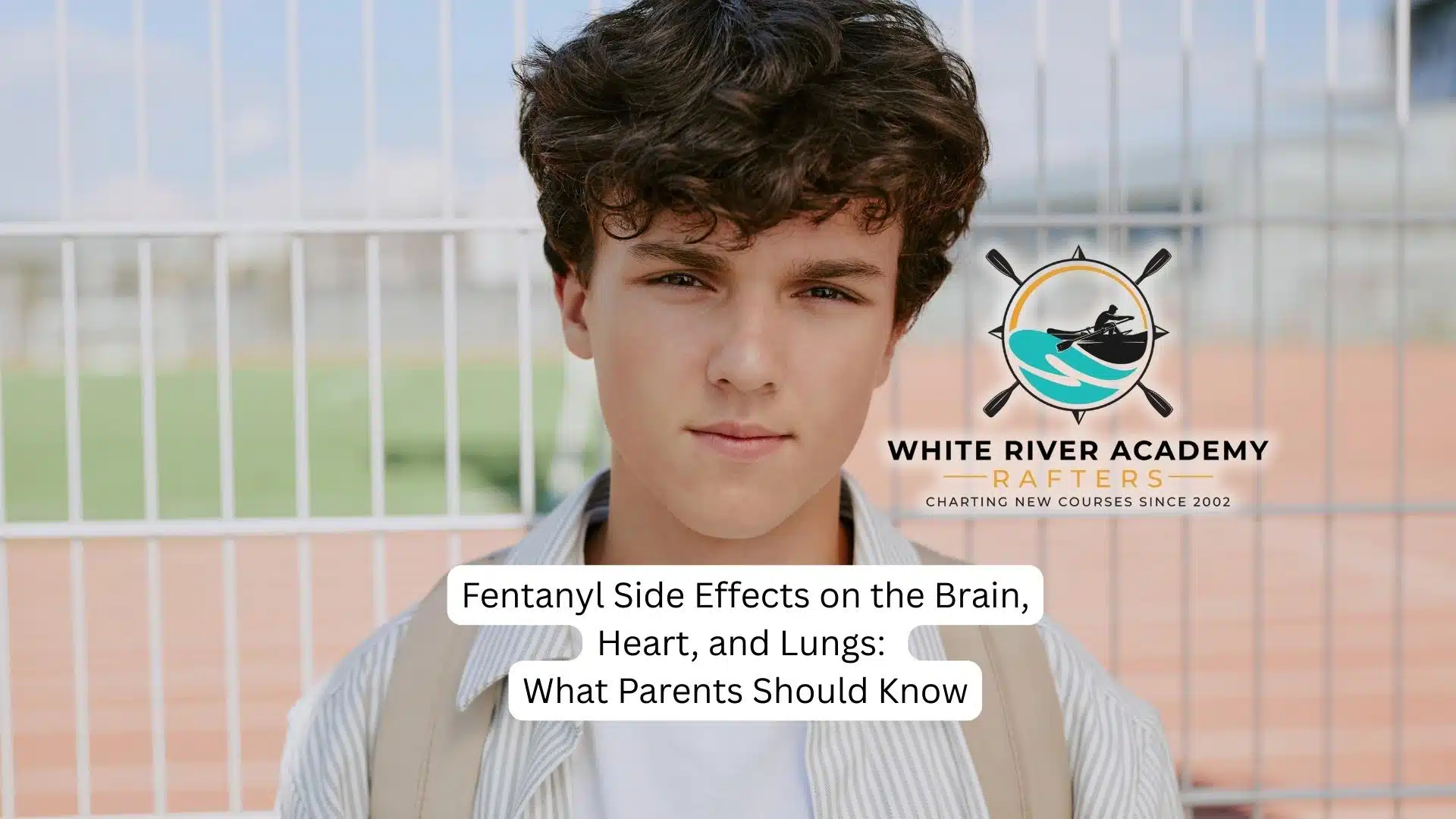Therapeutic boarding schools and residential treatment centers are two types of live-in programs designed to support young people facing emotional, behavioral, or mental health challenges. While both offer structured environments and therapeutic interventions, they differ in focus, treatment intensity, and program length.
In this article, we will outline how each program operates, the types of care they provide, their therapeutic approaches, and key factors families should consider when choosing the best fit for their child’s unique needs.
Defining Therapeutic Boarding Schools
Therapeutic boarding schools (TBS) combine academic programs with therapeutic support in a residential setting. These schools are designed for troubled teens with emotional, behavioral, or academic difficulties and emphasize personal growth alongside education. Students typically remain enrolled for a year or longer, attending accredited classes while receiving regular counseling and therapy integrated into their daily routine.
These schools serve larger populations, emphasize personal growth alongside education for emotional, behavioral, and academic challenges, and prioritize accredited academic progression and gradual reintegration.
Defining Residential Treatment Centers
Residential treatment centers (RTCs), in contrast, are medically licensed facilities focusing primarily on intensive clinical therapy and psychiatric care. Stays in RTCs are usually shorter, ranging from two to six months, and aim to stabilize patients before transitioning them to less intensive care settings.
Residential treatment centers are licensed clinical facilities that provide intensive medical and psychiatric care for individuals with severe mental health or substance use disorders.
RTC stays are usually shorter, ranging from two to six months, and the environment is more structured, with higher levels of clinical supervision, round-the-clock medical support, and treatment tailored for serious mental health conditions, substance use disorders, or trauma. Academics in RTCs are offered, but are often less emphasized compared to therapeutic goals.
Residential treatment centers focus more on crisis stabilization, intensive therapy, and preparing patients for less restrictive forms of care after discharge.
Therapeutic Approaches
Therapeutic boarding schools integrate therapy into an academic framework, offering individual, group, and experiential therapies to promote long-term personal development. These programs frequently include evidence-based approaches such as Cognitive Behavioral Therapy (CBT), Dialectical Behavior Therapy (DBT), and trauma-focused therapy as core components of their treatment model. On top of that, students often participate in experiential therapies like equine therapy, adventure therapy, and arts-based interventions, all designed to support emotional growth, resilience, and social skills within an educational setting.
Residential treatment centers emphasize evidence-based clinical treatments, including CBT, DBT, trauma-informed care, and medication management. RTCs provide more frequent and intensive therapy, often with nursing and psychiatric oversight for medical stabilization.

Daily Life and Structure
At a therapeutic boarding school, the daily schedule balances academic classes with therapy sessions and recreational activities, aiming to keep students engaged educationally while addressing emotional needs.
Residential treatment centers follow a highly structured day centered on therapy, wellness programs, and supervised recovery, with limited academic instruction focused mainly on maintaining educational progress.
Admissions and Considerations
Therapeutic boarding schools typically require a comprehensive application that includes academic records, psychological evaluations, and interviews with both the student and family. They assess the severity of behavioral, emotional, or learning challenges to determine if the student’s needs align with the school’s resources and therapeutic approach.
Residential treatment centers, on the other hand, often admit youths with more acute or complex mental health or behavioral issues. Their admissions process may also include referrals from mental health professionals, medical clearance, and a thorough needs assessment. RTCs usually require documentation of prior therapeutic interventions and may involve insurance verification, as many centers are covered at least in part by medical insurance.
Key considerations for both settings include the level of clinical care needed, the student’s current risk factors, academic status, previous treatment history, and family involvement. It’s crucial for families to review the program’s accreditations, therapeutic modalities, staff qualifications, and aftercare planning.
RTCs generally accept insurance more readily due to their medical licensing, while therapeutic boarding schools may rely more on private pay. Both require thorough assessment to determine appropriate placement.
Benefits and Limitations
Therapeutic boarding schools provide a nurturing academic environment, supported by therapeutic programming, which is ideal for students requiring ongoing emotional support alongside their education. However, they may not have the resources to manage acute psychiatric crises.
Conversely, residential treatment centers provide urgent, intensive mental health care but may lack the extensive academic curriculum or the longer-term, less restrictive environment many families desire.
Final Thoughts from White River Academy
Both therapeutic boarding schools and residential treatment centers play vital roles in helping youth overcome emotional and behavioral challenges. Understanding their distinctions—in treatment focus, environment, and services—can empower families to select the program best suited to their child’s unique needs, balancing the benefits of therapeutic care with educational and developmental goals.
Choosing between a residential treatment center and a therapeutic boarding school like White River Academy depends on your son’s unique needs and circumstances. White River Academy provides a holistic approach to healing, offering individualized treatment plans, in-depth therapy, and a structured, nurturing environment in the heart of Utah. More than just managing surface-level behavioral issues, our program focuses on building lasting emotional resilience, developing healthy coping strategies, and ensuring academic growth to help teens transition confidently into adulthood.




